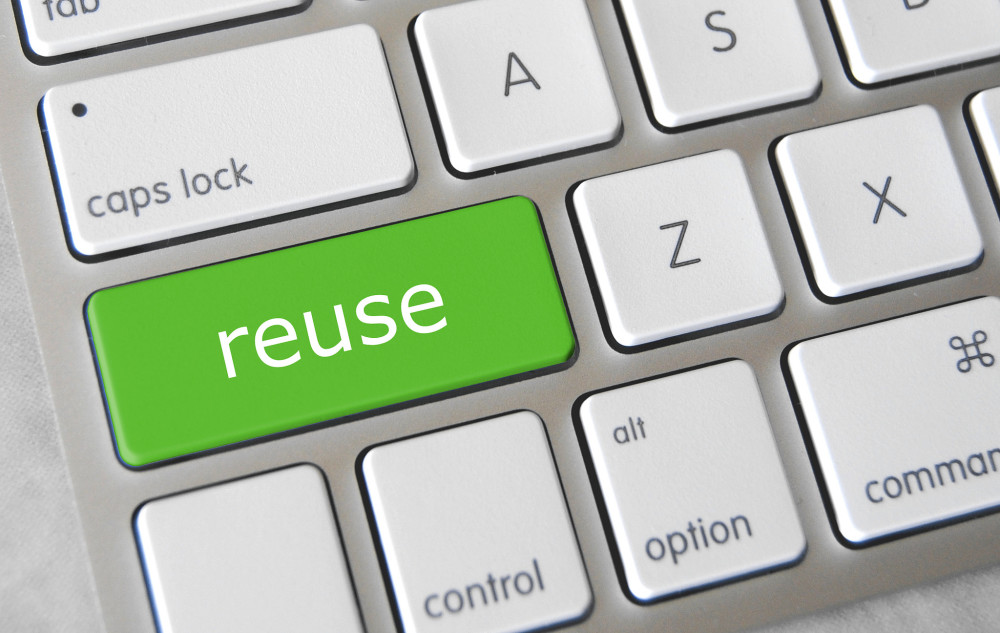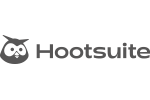
Have you heard about a little town in Japan that is now a Zero Waste town? Maybe you have recently stumbled upon this video on your social media timeline. It is a video from Seeker Stories about a town named Kamikatsu.
Kamikatsu’s people separate their trash into 34 categories (you read it correctly: 34), and as a result, 80% of the town’s garbage gets recycled, reused or composted. The last 20% still goes to a landfill. Their shared goal is to be 100% Zero Waste by 2020.
This story interested us here at Fairware, as we really wanted to know more and promote this Zero Waste movement: what it is, what it is not, who is doing it and most importantly… is it working?
Zero Waste: More than Recycling
According to the Zero Waste International Alliance, Zero waste is much more than recycling. It implies a change on lifestyle and practices to emulate sustainable natural cycles. What if all discarded materials were designed to become resources for others to use? What if everything is reused?
In other words: “Zero Waste means create products and processes that eliminate the volume and toxicity of waste and materials, by conserving and recovering all resources, and not burn or bury them”. No more landfills. No more incinerators. It is more a “cradle-to-cradle” approach.
Can we plan our waste to become Zero Waste?
Apparently, yes. A Zero Waste approach emphasize waste prevention. It implies a change on the way materials flow through our society. This change first requires the involvement from industries and governments, and of course, from individuals.
Zero Waste Certification
If you are familiar with the ISO quality certifications, as an example, then you know that a certification is basically a standard, a set of metrics and process you can voluntarily apply in order to improve your performance and also show your commitment with certain values. Is when a trusted third-party lends validity to your organization.
When it comes to reduce and manage our solid waste, companies and governments can apply the UL ECVP 2799 “Zero-Waste-to-Landfill” validation created by UL Environment.
UL offers three landfill waste diversion claim validations to recognize companies that handle waste in environmentally responsible and innovative ways, from energy production via incineration to reuse, recycling and composting:
- Zero Waste to Landfill for facilities that consistently achieve a landfill waste diversion rate of 100%
- Virtually Zero Waste to Landfill for facilities that have achieved a landfill diversion rate of 98% or greater
- Landfill Waste Diversion for facilities that have achieved a landfill diversion rate of greater than or equal to 80%
Other organizations such as Green Circle Certified, NSF International and the U.S. Zero Waste Business Council (USZWBC) also offer different certifications. Take your time to review and compare their proposals if you are looking to certify your Zero Waste efforts.
“It’s great to be able to clearly define your company’s diversion goals – and being able to complete a certification process that acknowledges your successful diversion practices can help your company show that your goals are more than just green washing” – Noah Goodman. President, Northstar Recycling
Who is (really) doing it
You can check the list of companies certified under different standards:
UL’s Sustainable Product Guide
Green Circle Certified Product Database
NSF Sustainability and Environmental Programs
U.S. Zero Waste Business Council (USZWBC) Zero Waste facilities map
You can also identify the products by looking for an environmental claim validation badge in their promotional and marketing materials.
Here at Fairware we work with clients to support their zero waste efforts by promoting education and raising awareness for their staff on Zero Waste issues. We help them source recycled, re-usable or upcycled merchandise to reflect their commitment to Zero Waste.
- Natures Path Upcycled Grain Bags
- Nature Conservancy of Canada Recycled PET Softshell Jackets
- Ben & Jerry Scoop Shops Re-fillable water bottles for Ben and Jerry’s Scoop Shops (https://fairware.com/fairwares-10-best-projects-of-2015/)
And we also have clients pursuing Zero Waste initiatives and certifications, like Natures Path, which was the first cereal company to earn a Zero Waste certification and TESLA, who have recently become members of the U.S. Zero Waste Business Council.
As always, there are critics
Whether you call it Zero Waste, Landfill Free, Zero Waste to Landfill or Waste Diversion from Landfill, it is possible to found a lot of definitions and certifications over there. And also, a lot of critics.
Being a new paradigm on the way we treat our waste, it is expected that some players become detractors. Many think Zero Waste is an impossible goal
“Zero waste is a goal that we know we really can’t get to. But [it] also is a process, with very clear environmental, social and economic benefits. By working through the process, you get closer to the goal”. – Neil Seldman. President of the Institute for Local Self-Reliance, Washington, D.C.
Zero Waste alliances are forming all over the world, taking strong steps towards a new future and a new conception of our economy. Are we going to join them?
You can get in touch with Fairware about how to reduce the impact of your marketing merchandise by contacting us here.

















Congratulation Kamikatsu on getting nearer to zero-waste!
Sustainable or zero-waste promotional products are a key way for businesses to decrease their impact on the planet. There are more and more alternatives becoming available, so thank you for putting them in the hands of businesses who want to decrease their environmental waste.